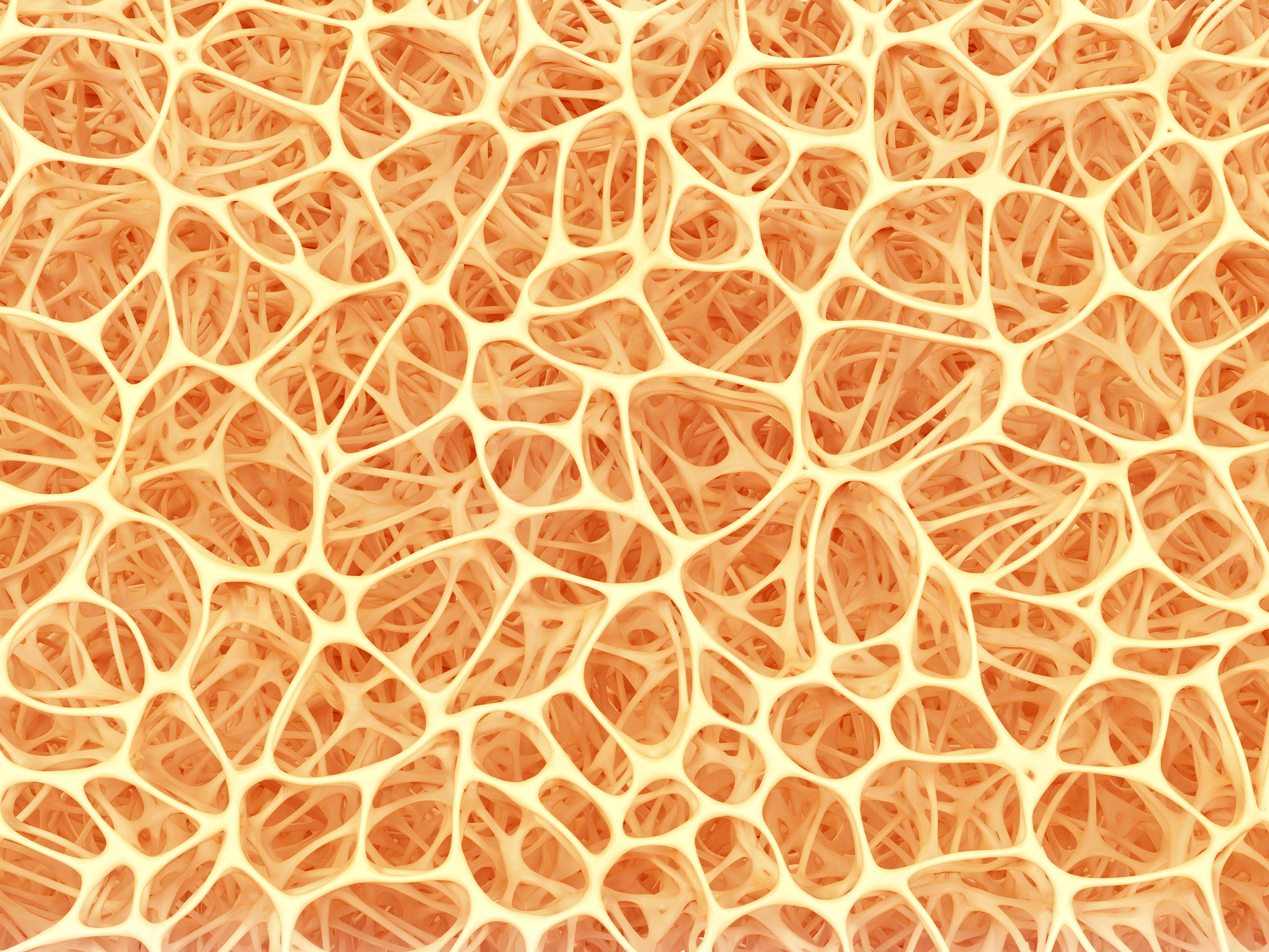Get Easy Health Digest™ in your inbox and don’t miss a thing when you subscribe today. Plus, get the free bonus report, Mother Nature’s Tips, Tricks and Remedies for Cholesterol, Blood Pressure & Blood Sugar as my way of saying welcome to the community!
How bad sleep habits age your bones

The evidence is clear: the amount of sleep you get each night is a good predictor of your health and of your lifespan.
Seven to eight hours is the number you should be shooting for.
In fact, numerous studies have enlightened us on the dangers of too little (and too much) sleep:
- An analysis of 16 studies over 25 years and involving 1.3 million people revealed that people who slept less than five to seven hours a night were 12 percent more likely to die prematurely. (Too much sleep isn’t good either. Those who slept more than eight or nine hours a night had a thirty percent higher risk of premature death. Seven to eight hours seems to be the “sweet spot.”)
- A 2013 study found that being sleep deprived, even for a few days, increased the amount of inflammation in a person’s body.
- Lack of sleep has also been linked to type 2 diabetes since it affects glucose metabolism, and heart disease since it affects blood pressure.
Now, you can add osteoporosis to this list, particularly if you’re a woman.
Lack of sleep and increased fracture risk
The Women’s Health Initiative is a long-term national health study looking for strategies to prevent heart disease, breast cancer and osteoporosis-related fractures in post-menopausal women.
Now, a study using over 5000 women from the WHI has shown that women who sleep less than five hours a night have lower bone density and higher odds of osteoporosis at three vulnerable sites for fractures: the neck, hip and spine.
They are also at higher risk of osteoporosis and fracture in the rest of the body.
Lead author, Heather M. Ochs-Balcom, says that the difference observed between women who slept under five hours and those who slept seven hours was equal to about one year of bone aging.
Related: High doses of certain vitamins may put you at risk for hip fractures
In other words, the bones of women short on sleep were equivalent to being a year older than those who got enough sleep.
This may not seem like a lot, but when you realize that lower bone density puts you at greater risk for a potentially life-changing fracture, the difference suddenly is huge.
Too much napping can kill bone density
Of course, if you’re sleep-deprived, you’ll probably end up taking a nap or two during the day.
Nothing wrong with a good nap. Except that two studies have revealed a relationship between frequency and length of daytime napping, and a woman’s risk of low bone mineral density and hip fracture.
The causes are not clear. Possibly, napping is related to falls when women don’t wake up completely. But regardless, the data points to more fractures for women who nap every single day.
The answer: Get enough restful sleep and napping becomes a luxury, not something you need just to get through the day.
Fortunately, getting those seven hours of sleep is largely something we can control.
To get a full seven to eight hours of sleep each night, you need to regulate your sleep-wake cycle, these tips for getting a restful night’s sleep can help.
Editor’s note: Did you know that when you take your body from acid to alkaline you can boost your energy, lose weight, soothe digestion, avoid illness and achieve wellness? Click here to discover The Alkaline Secret to Ultimate Vitality and revive your life today!
Sources:
- Sleeping Fewer Than 5 Hours a Night Tied to Bone Problems — The New York Times
- Short Sleep Is Associated With Low Bone Mineral Density and Osteoporosis in the Women’s Health Initiative — Journal of Bone and Mineral Research
- The Association between Daytime Napping Characteristics and Bone Mineral Density in Elderly Thai Women without Osteoporosis — Scientific Reports
- Self‐Reported Sleep and Nap Habits and Risk of Falls and Fractures in Older Women: The Study of Osteoporotic Fractures — Journal of the American Geriatrics Society
- Do you really need 7-8 hours of sleep every night — Innerbody Research














